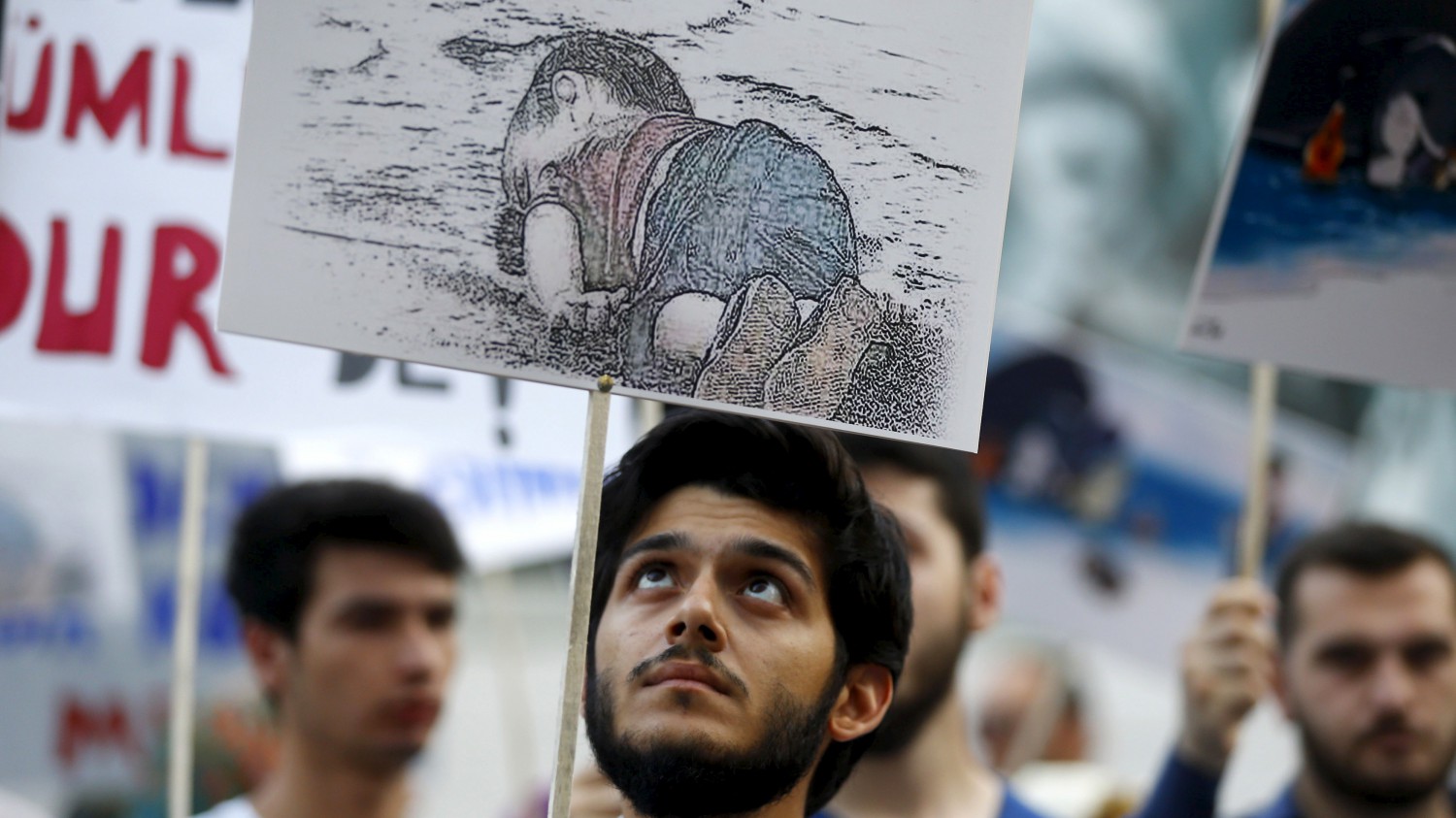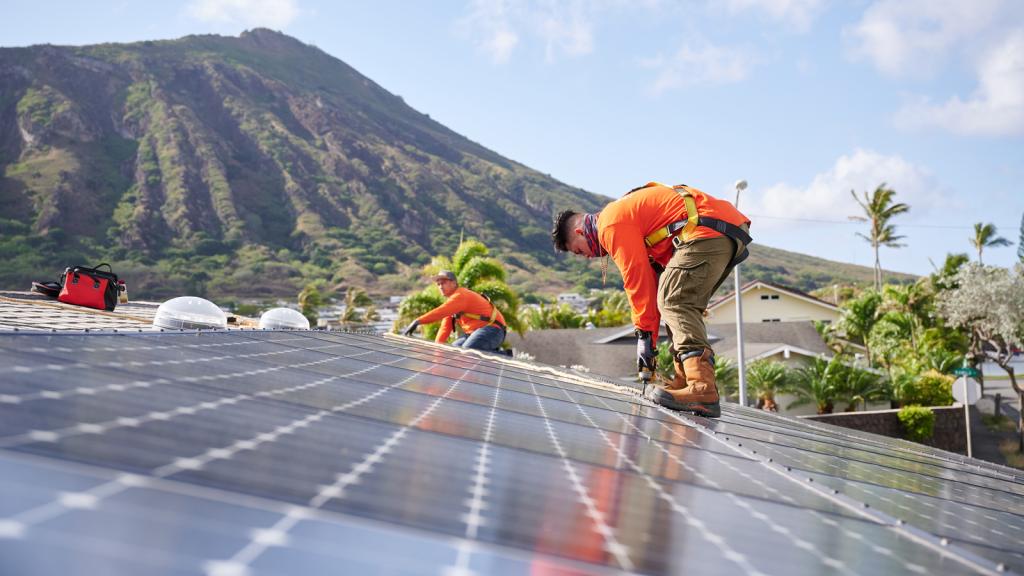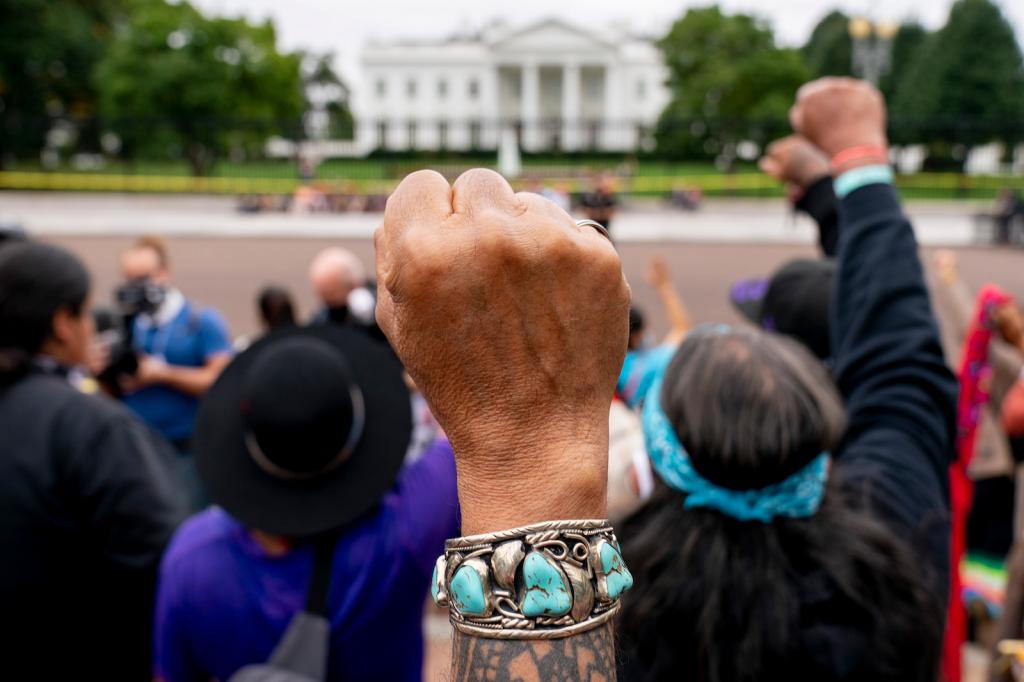Sometimes being a parent feels like a tedious vigil against death. The other day, when I asked my 4-year-old not to show me her somersault skills at the top of an unusually steep flight of stairs, she looked at me with wounded confusion.
“Why?” she asked.
“Well,” I said, “because there’s a small chance you might fall, and you would land on the stairs, so you would keep falling, faster and faster, and every time you hit the ground you might break a bone, and maybe the broken end of your arm bone would be sticking through your skin, and there would be blood everywhere, or maybe you would break your spine, and you might not ever be able to walk or dance again.”
“But, papa,” she said. “I’m not going to fall.”
There’s no winning. In the game of life, “parent” is a defensive position: You stand about midfield with your children on one side and death on the other. Then the kids rush toward you, squealing and giggling, and you are supposed to grab them before they reach the jaws of doom. Over and over. Until they are about 30.
When I became a parent, I started to see death lurking everywhere. I described those macabre images to my daughter because that’s what I see (and OK, because I’m a strange person who feels a shiver of mischievous glee in inflicting this grotesquerie). If my 1-year-old takes a toddling step toward a busy street, my mind plays out the potential sequence of tragedy in explicit detail. If I lose track of a child on the playground … you get the idea.
I think that’s why it upset me so much to see the picture of the Syrian boy on a Turkish beach, face down, butt in the air, in the same comical position my kids often sleep. Except, in this picture, his face is submerged in wet sand, and the whole thing is wrong — one of my awful premonitions made real. I winced when I saw it, and turned away. But I didn’t walk away from the computer, and there, a few minutes later, was the picture of the boy and his brother with huge smiles and a ridiculous teddy bear between them. I looked closer and learned that both boys and their mother had drowned in the ocean, along with 9 other people who were trying to find somewhere they could live without fear. The boy in the picture, Aylan, was 3; his brother, Galip, was 5; and his mother, Rehan Kurdi, was 35. His father, Abdullah Kurdi, survived, and plans to return to Kobani, Syria, to bury his family.
“My kids were the most beautiful kids in the world, they were wonderful. They woke me up every morning to play with them. They are all gone now,” Kurdi told reporters. “Now all I want to do is sit next to the grave of my wife and children.”
My dream for the mothers of the world... That we could all protect our children from war, displacement #AylanKurdi pic.twitter.com/jfdhNE8Izn
— Esther Choo, MD MPH (@choo_ek) September 3, 2015
Now, look: as a parent, I know very well that the protective instincts triggered by this sort of story can make you crazy. If we don’t match empathy with rationality, we risk turning into something like global helicopter parents — paranoid about all the wrong things, and ultimately ineffective. And by now some of you are probably wondering how this has anything to do with the green issues that Grist covers. So let’s be rational about this.
I wouldn’t be writing on this topic if it weren’t for the fact that, just about every time I search for the causes of environmental destruction, I’m led back to the same root cause: human poverty. Sure, greed and myopia frequently show up, too. But the ultimate reason that forests fall and marginal lands turn into eroding farms is that people are desperate to give their families a better life — to put a little more space between their children and the jaws of doom. If we are ever going to throttle back our greenhouse gas emissions and shrink our homogenizing, extinction-causing footprint, we’ve got to stabilize population growth. The only feasible way to end population growth is to end human suffering while empowering women. You can see the pattern over and over again around the world: Whenever the chance of children dying in a country drops, so does population growth. When countries work to give women power over their bodies and their finances, population growth drops even more.
Whether the goal is to save children, or save some version of nature to which we have grown accustomed, the solution is the same: We help one another. We work to provide the things that end poverty: access to food, medical care, education, and stability. Historically, populations have most often gotten those things by moving to cities and getting jobs. You probably have ancestors who made this move, from a peasant village to an industrial working class neighborhood in a city. We can see it happening right now, with amazing rapidity, in China, where the children of factory workers (and grandchildren of peasants) are now graduating from universities and living middle-class lives.
We can do more to help other countries build up systems that provide food, medical care, education, and stability. But if people can’t find opportunities in their own countries — if the economies are not developing, if the governments are simply too dysfunctional — I think it’s in everyone’s interest to welcome them into ours.
We don’t need a crisis, like the war in Syria, to do this. The decision of Hungary’s politicians to stop the refugees at the border seemed particularly cruel to me, but as Heather Smith points out, “the U.S. is a lot more like Hungary than most of us realize.” Every year, families fleeing conflict in Mexico and Central America try to enter the U.S., and every year children die in the journey. There’s surely another kid, like Aylan Kurdi, making his way toward the U.S. border right now with his parents. Instead of chasing them into the desert, as many of our presidential candidates are suggesting, we could welcome them.
If we are going to solve the looming environmental crises of our time, we are going to have to give up our tribal loyalties for solidarity. I’m not saying that hearts and minds will change on a grand scale: They won’t. I’m just saying that those of us who do feel the bond of shared humanity from across the globe are experiencing something powerful — there’s a propulsive moral force in this desire to protect the vulnerable — and we should grasp that with both hands. We should declare that if you are human, you are kin, and deserving of protection.
This, I believe is in our rational interest, and it also rings true on a deep emotional level. That picture of Aylan hits home, not just because he could be mine, but also because, in some way, he is. These children in peril — they belong to all of us. That primal urge to help them is not irrational; it is our hope of salvation. We have the opportunity to reach out to these families before they slip beneath the waves — to call to them, “Little brother! Sister! Mother! Give us your hand. We’ve got you.”


